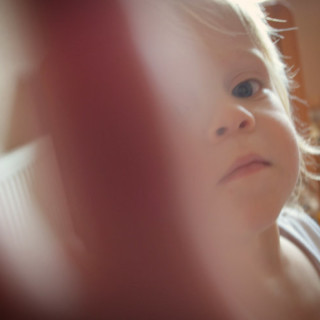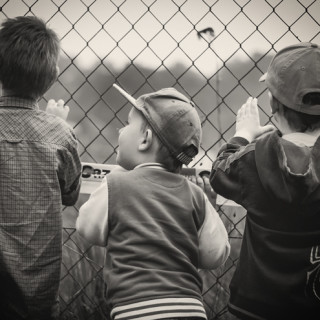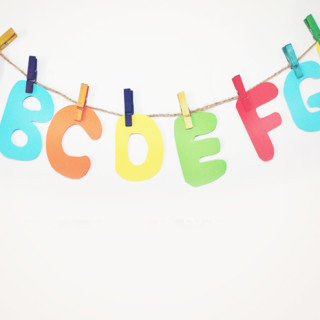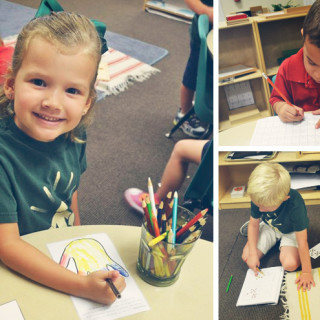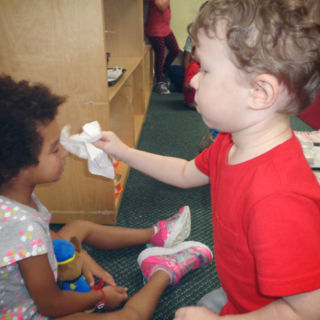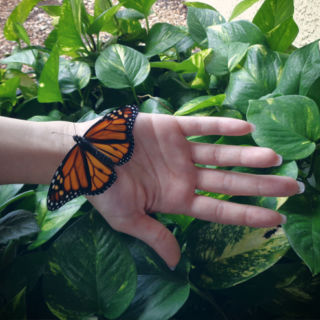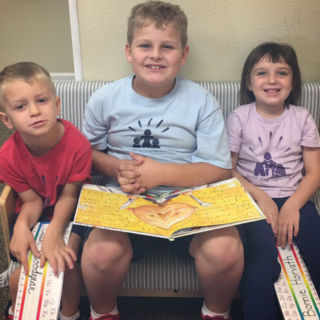Maria Montessori studied children in their environment. She observed that children with physical disabilities limiting one or more of their senses were able to sharpen their remaining senses in order to take in information. She took that knowledge and designed the Montessori classroom and its rich sensory experiences. She purposely intended for each Montessori material…
Keep the wonder alive
If a child is to keep alive his inborn sense of wonder… he needs the companionship of at lease one adult who can share it, rediscovering with him the joy, excitement, and mystery of the world we live in. — Rachel Carson
The Greatest Obstacle to Discovery
The greatest obstacle to discovery is not ignorance — it is the illusion of knowledge — Daniel J. Boorstin
Normalization
The signs of spring are emerging: chirping songbirds, fluttering butterflies and budding blossoms can be seen outside. With this time of year, we also witness a fresh energy in our classrooms. This is my favorite time of year. Teachers and I delight in the explosion of mastery happening in the classroom. Children’s reading, mathematics and…
Language Lessons in the Montessori Classroom
These lessons are specifically organized and conducted in a particular sequence that mirrors the acquisition of children’s knowledge. Lessons first flow from encoding symbols (letters). The phonetic sound rather than the letter name is emphasized. Then decoding of letter combinations (words) comes next. Advanced lessons for older children teach grammar and build vocabulary. You can give…
Sensitive Period
Dr. Maria Montessori developed her philosophy based on careful observations of the child. Much of her theory centered around the child’s “sensitive period” of development. During this particular period, the child is endowed with a special sensibility which urges him to focus his attention on certain aspects of his environment to the exclusion of others….
Developing Self-Concept
Self-concept are the ideas we have conceptualized about our whole being – our abilities, our qualities, and disposition. The first five years of our lives are critical in the development of this self-concept. The absorbent mind of a child knows nothing but to internalize every experience and message sent to them during these years. The…
